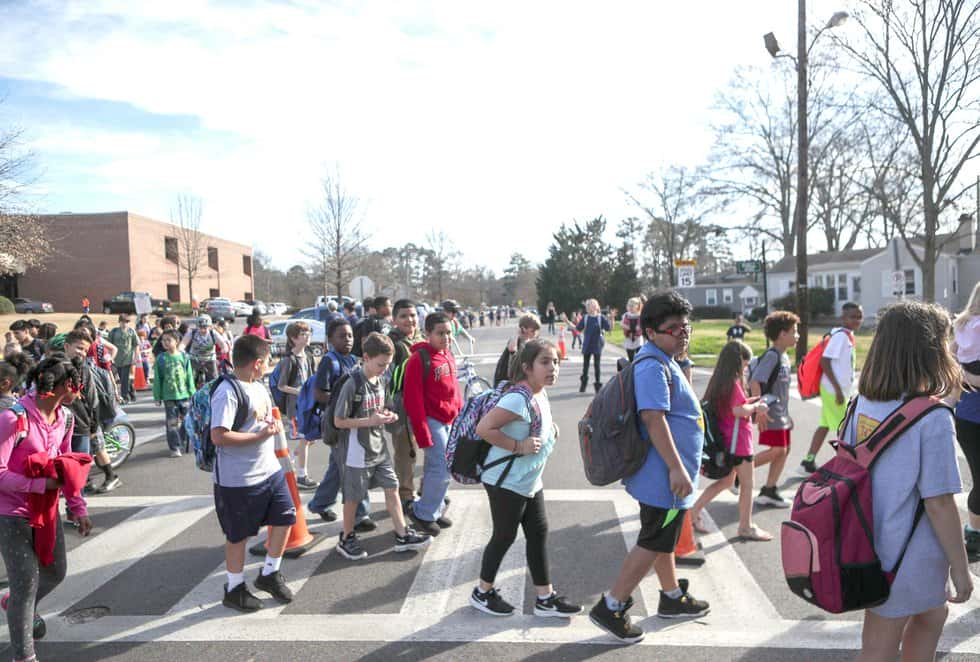Education budgets are set at the local level and are paid out of the statewide Education Fund, with lawmakers setting a statewide tax rate to fund it.

Lawmakers in Vermont are using surplus funds from the pandemic to buy down property taxes and mitigate the impact of rising education costs
The pandemic has increased the cost of education, including pandemic learning loss and staffing, leading to an eight percent increase in Vermont’s education costs this year. However, federal funding that covered pandemic needs has dried up.
The Education Fund has a $74 million surplus due to federal funds coursing through sales and rooms and meals taxes. This surplus will be used to prevent property tax rates from increasing too high, with property tax rates for homeowners dropping from $1.46 per $100 of assessed value to $1.39 per $100 next year.
Lawmakers are also setting aside around $29 million of surplus funds for universal school meals and $10 million to help implement education funding reforms passed into law last year
Although lawmakers are using surplus funds to mitigate the impact of rising education costs, there is a proposed payroll tax and fee hikes at the Department of Motor Vehicles to fund other new initiatives. The governor’s team does not object to the bill but would have liked to see more surplus money used for property tax relief. Despite this, property taxes are staying level, which will be a welcome relief to many residents.




